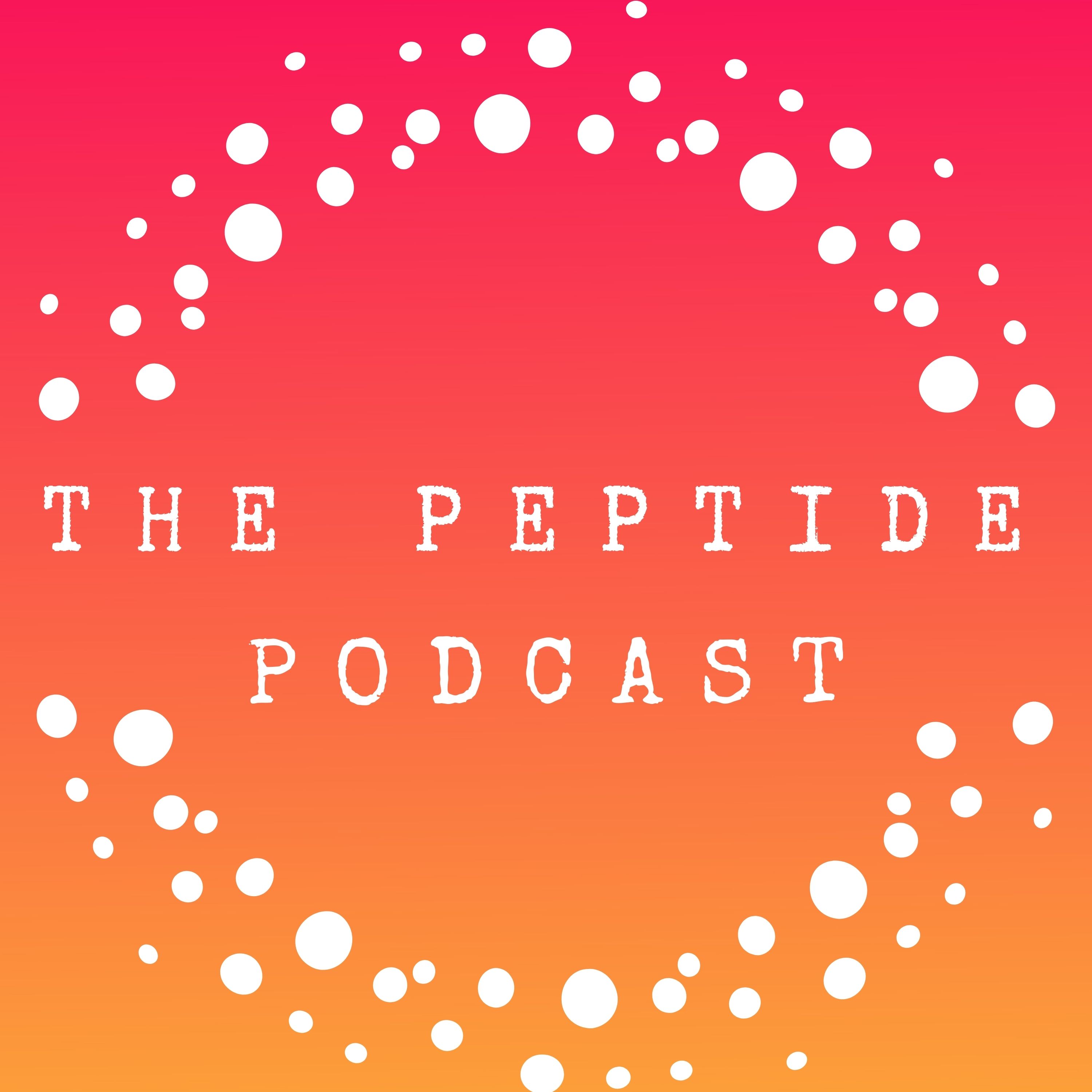Podcast Episode Details
Back to Podcast Episodes
Food Anxiety and GLP-1’s
Season 1 Episode 155
Today we’re diving into a topic that a lot of people struggle with quietly but don’t always feel comfortable talking about: food anxiety.
And if you want to support what we do, head over to our Partners Page. You'll find some amazing brands we trust—and by checking them out, you're helping us keep the podcast going.
Maybe you’ve felt nervous about going to a party because you weren’t sure what kind of food would be there. Or maybe you’ve found yourself planning your entire day around what you’ll eat and how to control it. Perhaps you’ve even finished a meal only to have guilt set in right away.
That’s what food anxiety looks like—and you are definitely not alone.
Today we’re going to talk about what food anxiety actually is, why it shows up, what you can do to calm it, and even how some of the newest medications—things like GLP-1s and dual GIP/GLP-1s—may actually help by quieting some of the mental “food noise.”
What is food anxiety?
At its core, food anxiety is stress or fear around eating. And the thing is, it doesn’t look the same for everyone. For one person, it might show up as constantly worrying they’ll overeat. For another, it’s that lingering guilt after eating something they feel they “shouldn’t have.” And sometimes it’s more subtle than that—like a constant hum in the background of your mind where you’re thinking about food all day, even when you’re not hungry.
I often describe it like having a radio station in your brain that’s tuned into “food talk.” Sometimes it’s background noise, sometimes it’s blaring, but either way, it’s draining. And over time, that stress around eating chips away at both your mental and physical health.
Why does food anxiety happen?
So why does this happen in the first place? A big part of it is the culture we live in. For decades, we’ve been bombarded with messages that carbs are bad, fat is bad, sugar is the enemy—and the list keeps changing. That constant labeling of food as “good” or “bad” teaches us to feel guilty when we eat the so-called wrong thing.
For others, food anxiety starts when they get a medical diagnosis. If you’ve been told you have diabetes, heart disease, or that you need to lose weight for health reasons, suddenly every single bite can feel like a math problem. You’re not just eating—you’re calculating, you’re worrying, you’re second-guessing.
And then there’s the way dieting itself messes with our natural signals. When we spend years restricting, counting, and controlling, we often lose touch with our body’s hunger and fullness cues. Instead of trusting how we feel, we rely on rigid rules. And when those rules get broken, the anxiety hits hard.
And finally, we can’t ignore biology. Food, especially highly processed food, lights up reward pathways in the brain. For some people, those signals are incredibly strong—stronger than for others. That means more cravings, more urges, and unfortunately, more guilt when they give in.
What can you do about food anxiety behaviorally?
Now, here’s the good news. There are things you can do to reduce food anxiety, and you don’t need to overhaul your entire life to start seeing changes.
One of the simplest but most powerful tools is mindful eating. And I know that phrase gets thrown around a lot. But at its heart, mindful eating just means slowing down.
It means actually tasting your food, noticing the textures, and checking in with how your body feels. When you slow down enough to notice satisfaction, you’re much more likely to stop eating when you’re comfortable instead of stuffed—and that takes a lot of the stress out of t
Published on 3 days, 13 hours ago